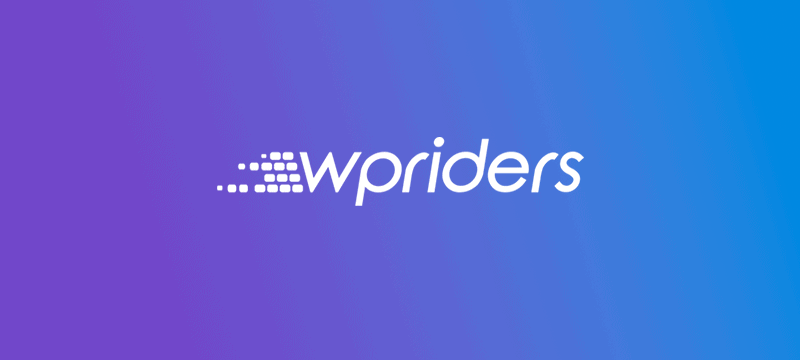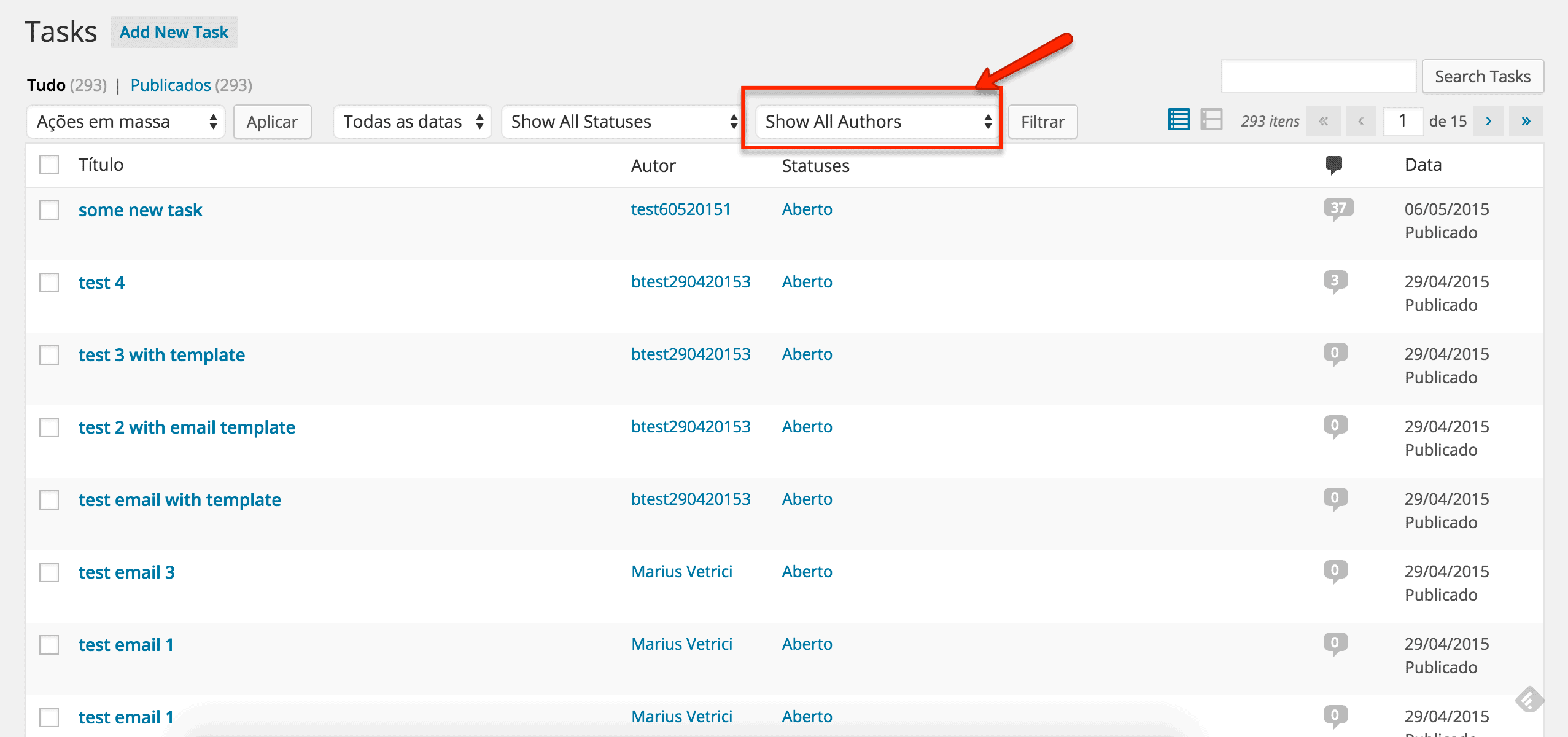Finding the right help for your WordPress site doesn’t have to feel like rolling the dice. When you hire remote WordPress developers, you open the door to a global talent pool, lower overhead, and more flexible scaling. At the same time, you avoid the risks of hiring in unfamiliar markets—if you follow a clear process.
Below, we walk through why hiring remote developers makes sense, what to look for (and what to avoid), and how teaming up with WPRiders can simplify everything.

Why Hire Remote WordPress Developers?
First, remote developers give you access to specialists you might not find locally. For example, you could get someone who builds custom plugins one day and tackles complex WooCommerce setups the next. Likewise, you can scale your team up or down without long-term commitments.
Moreover, with developers in different time zones, you can keep work moving around the clock. As a result, projects get done faster and deadlines feel more manageable.
Of course, working remotely isn’t all smooth sailing. Communication gaps, misaligned expectations, and hidden costs can pop up. That’s why having a clear hiring plan is key.
What to Look For in Remote WordPress Developers
When you’re screening candidates to fill a remote WordPress developer position, focus on these four areas:
1. Technical Skills
- Solid PHP and JavaScript knowledge
- Experience with WordPress APIs, hooks, and Gutenberg blocks
- Familiarity with HTML, CSS, and responsive design
- Comfort using Git and deployment tools
2. Real-World Experience
- A portfolio of live sites or code samples (such as GitHub links)
- Case studies or descriptions of challenges they’ve solved
- Contributions to open-source projects or WordPress core
3. Communication Style
- Clear, prompt responses over email or chat
- Willingness to share progress updates and ask questions
- Overlap in working hours to avoid day-long delays
4. Process and Reliability
- Task tracking using tools like Trello or Asana
- A routine for code reviews and quality checks, following WordPress Coding Standards
- Clear documentation for others who may work on the project later
By checking these boxes, you’ll weed out candidates who talk a good game but can’t deliver.

Red Flags to Watch Out For
Even the best hiring guides can’t prevent every mis-hire, but spotting warning signs early helps when hiring remote WordPress developers:
- No portfolio or only generic examples
- Promises of instant fixes (for example, “SEO in one day”)
- Spotty availability or frequent no-shows in calls
- No testing or QA process mentioned
If you spot any of these, it’s safer to keep searching.
How WPRiders Makes Hiring Easier
Let’s face it: vetting dozens of candidates takes time. Rather than start from scratch, consider working with an agency that already has a vetted pool of experts. At WPRiders, we handle the heavy lifting for you when screening remote WordPress developers:
- Tell us your project needs. Whether it’s building a new plugin or redesigning a theme, we’ll match you with the right developers.
- We vet and onboard. Our team checks skills, communication style, and work habits before anyone gets started.
- You stay in control. You review work in progress, provide feedback, and approve deliverables—exactly like managing your own in-house team.
- Enjoy ongoing support. From custom plugin development to full-service WordPress maintenance, we’ve got you covered long after launch.
By partnering with WPRiders, you skip the guesswork and get straight to building and improving your site.
Conclusion: Hire with Confidence and Clarity
You don’t have to worry about time zones or uncertain skill levels. Instead, you can:
- Tap into a global pool of experienced WordPress developers
- Move projects forward faster with around-the-clock work
- Avoid mis-hires by focusing on proven skills and clear communication
- Free up your time so you can focus on growing your business
With WPRiders, you get a tailored match, transparent processes, and ongoing support—so your remote WordPress developers feel like part of your team.
Ready to simplify hiring and get your project off the ground? Let’s talk and connect you with the right remote WordPress developers today.
If you’re looking for WordPress plugin development services, need strategic insight from a WordPress consultant, or want to improve performance with website audit services, WPRiders has your back. As a trusted WordPress ecommerce developer, we deliver clean code, fast results, and real ROI.
Let’s build your next big win—book a free discovery call. 🚀








